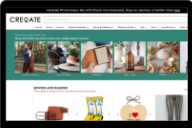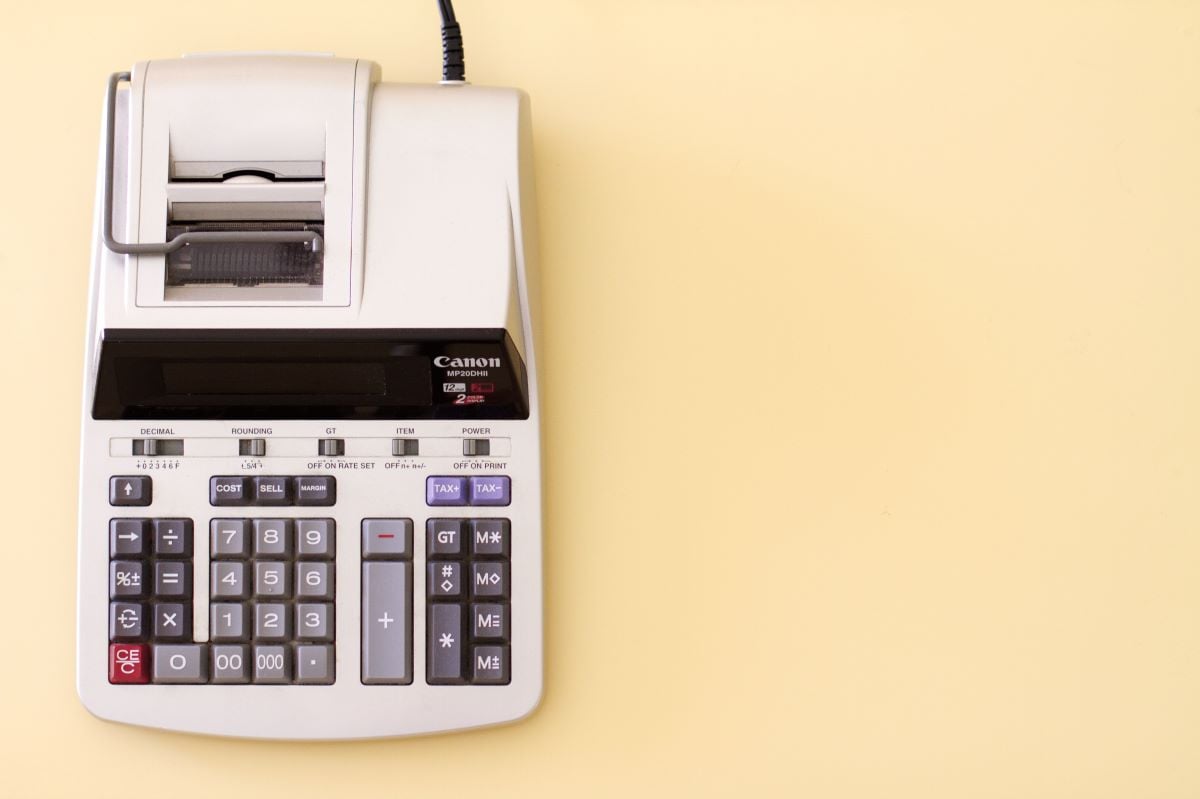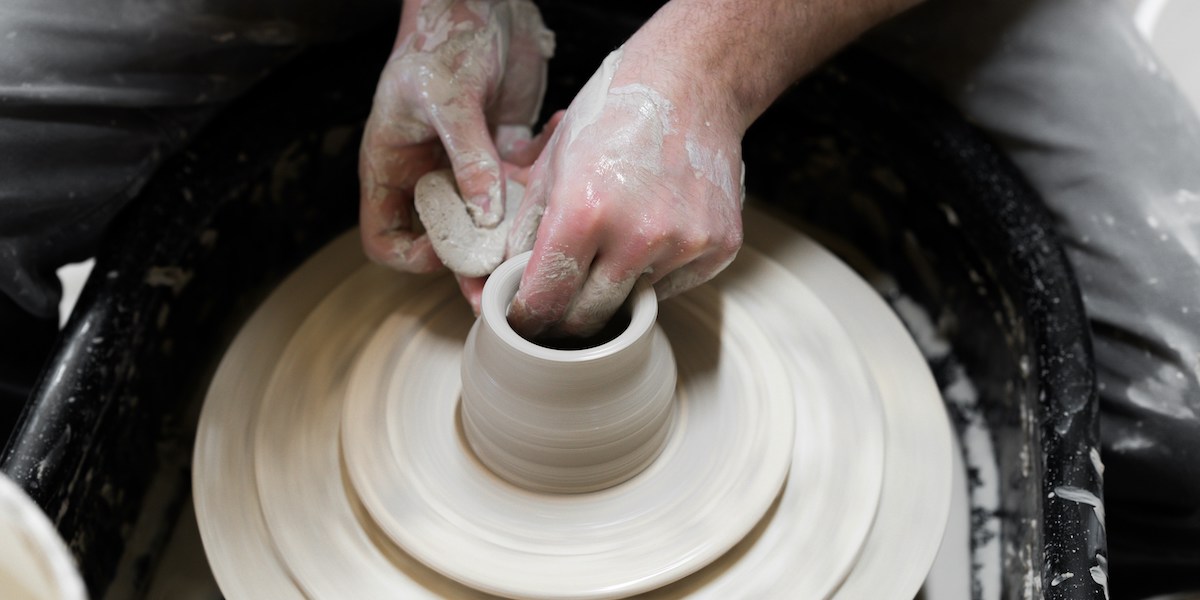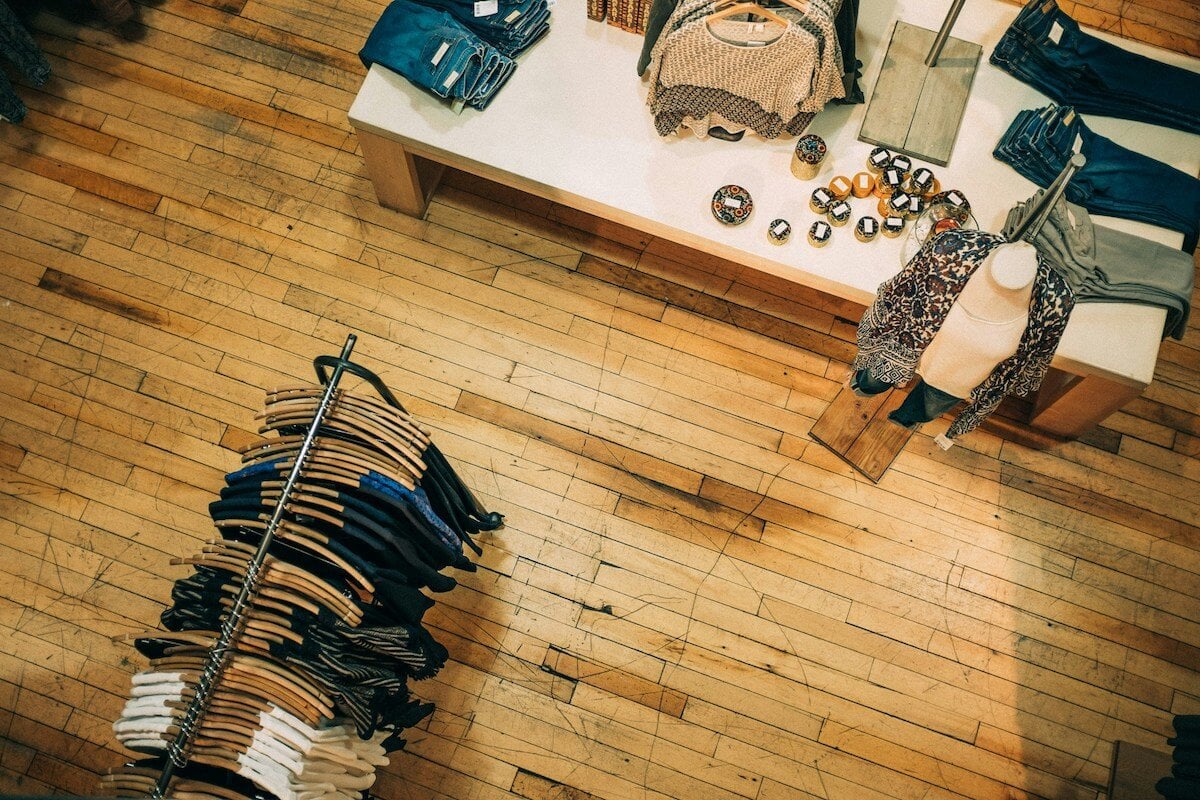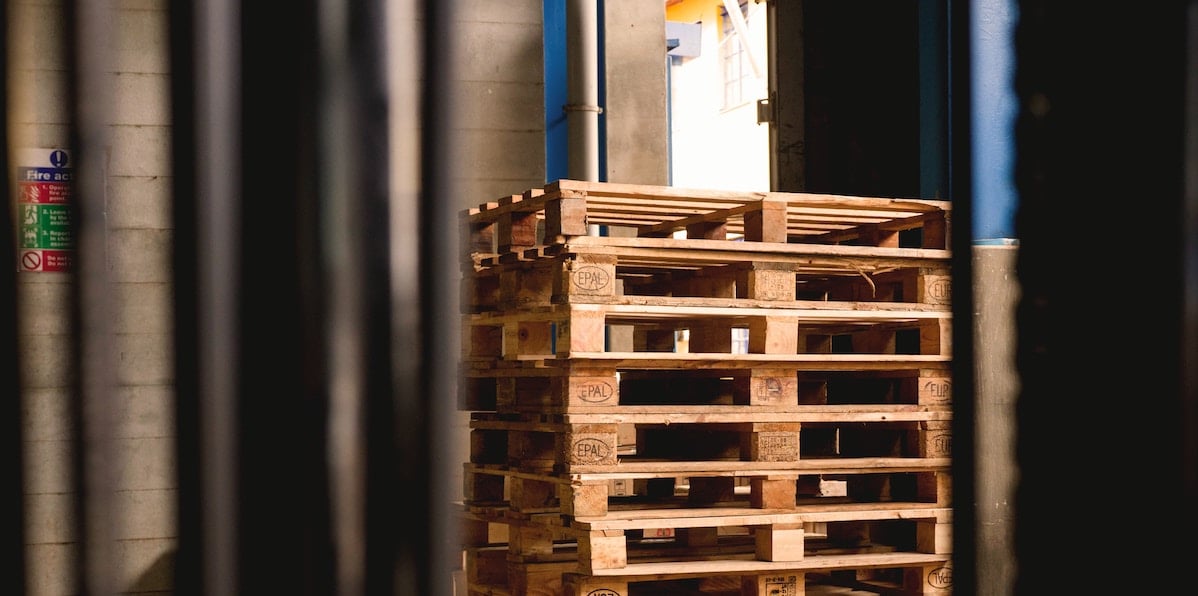
Wholesalers and distributors sit at a similar point in a traditional supply chain, and are terms that are sometimes used interchangeably. But there are actually some key differences in how both work, and who they work with. Stick with us as we clear up any confusion on this topic.
Wholesale vs distributor: in a nutshell
The difference between a wholesaler and a distributor comes down to the following: wholesalers and distributors both work directly with manufacturers, but have a different role and relationship. A distributor is generally more of a ‘sales partner’ to a manufacturer, contracted to help them expand into new markets, or new channels. A wholesaler, on the other hand, buys directly from a manufacturer, and sells products on to a retailer; their relationship is generally purely transactional, and simpler to define.
The traditional supply chain
Before we dig deeper into the specifics of wholesalers and distributors, let’s take a look at the traditional supply chain model, and where both fit within this.
Manufacturers/suppliers: Manufacturers make the goods. They may in turn be supplied raw materials from one or several other manufacturers.
Distributors: Work directly with manufacturers to get their products into new territories via wholesalers.
Wholesalers: Buy stock directly from the distributor to sell on to retailers.
Retailers: Sell the goods directly to the end customer.
Wholesalers tend to sit further along the supply chain, but there are increasing amounts of flexibility in the modern world of retail; a wholesaler may be dealing with a distributor, or directly with the manufacturer. A distributor may bypass a wholesaler, and create retailer relationships directly. In some cases, they’ll even sell directly to the end consumer.
Why don’t retailers buy directly from manufacturers?
At this point you may be wondering why there’s a need for wholesalers and distributors at all — can’t a retailer just buy straight from the manufacturer?
The short answer is yes, they could (and in the case of smaller brands and retailers, this may be exactly what’s happening).
But when it comes to stocking bigger brands, retailers generally don’t want to buy from manufacturers because:
- They’d have to purchase a large amount at once, and order a very long time in advance
- The manufacturer is likely to be abroad, so they’d have to deal with cross-border processes and complications
Similarly, manufacturers don’t put energy into making connections with retailers because:
- It’s too much work for relatively small orders
- They may be selling into multiple countries, and the cost of having people on the ground in all of those countries is expensive
Simply put, distributors and wholesalers are both there to simplify the journey from manufacturer to consumer, and make some money while they’re at it. They exist to reduce risk for retailers, and handle the logistics of buying in big quantities across borders. They help solve a problem, and allow every part of the supply chain to specialise and play to its strengths.
What wholesalers do
Wholesalers buy products in large quantities from manufacturers or distributors, and resell these to retailers in smaller quantities. They may be actively putting work into building relationships with retailers, but many of the orders they receive are likely to be passive via their own website, the website of the brand they are stocking, or even a wholesale marketplace.
They don’t enter into contracts with distributors or manufacturers; they simply place orders to buy in bulk as they wish, and then sell this stock on in smaller quantities, and for a greater price per unit.A wholesaler will often specialise in a particular niche, such as outdoor goods or kidswear.
What distributors do
A distributor always works directly with manufacturers. They’re usually brought in on a contract, and become a more integral and embedded part of the manufacturer’s business — a partner, rather than just a B2B customer.
Distributors are helpful for manufacturers who want to expand into new territories.
Let’s say you’re a French ski glove manufacturer and you’re looking to crack the UK market. Working with a trusted UK distributor with an outdoor gear niche not only gets your brand that all important facetime with big outdoor retailers, it also solves the logistical issue of where to keep this stock in the UK.
That’s because it’s your distributor who will have to order and hold as much stock as they predict their UK retailers will want for winter (and they’ll probably have to place this order in the summer, when a lot of the winter conditions and demand are unknown). When a retailer or wholesaler places an order with them, it’s up to them to be responsive and get this shipped out ASAP from their own warehouse. If they overestimate how much stock will sell, they’re stuck with it, and are likely to lose money on it.
Like wholesalers, distributors are taking on much of the risk of overstocking, and simplifying logistics. They earn money by selling products at a higher price than they buy them.
As we mentioned above, the role of a distributor is particularly fluid and tailored to each brand. It’s not unheard of for distributors to also act as an online D2C retailer for clients in their own country, alongside seeking out those wholesaler and retailer relationships.
FAQs
Is it better to be a distributor or a wholesaler?
Both options have advantages. Wholesalers are responsible for storing goods they buy from you, allowing for potential savings on storage costs. Distributors assist with marketing your products and are partly responsible for creating relationships with the consumer. What direction you choose depends on your business and niche.
What percentage does a distributor take?
Depending on the industry, a distributor markup could be as low as 5% or as high as 40%. Generally though, distributor markup is 20%.
Are wholesalers also known as distributors?
The terms “wholesaler” and “distributor” are sometimes used interchangeably to describe companies in the B2B space. However, the term “distributor” is often applied to a narrower subset of companies that have long-term relationships with particular manufacturers and help market and support their products.
Can anyone shop at a wholesaler?
Anyone can buy wholesale! While wholesale products are typically aimed at retailers due to its bulk quantity nature, there are no prerequisites or limitations on who can buy wholesale products. However, some wholesale marketplaces do require users to be a registered retailer to make a purchase.


